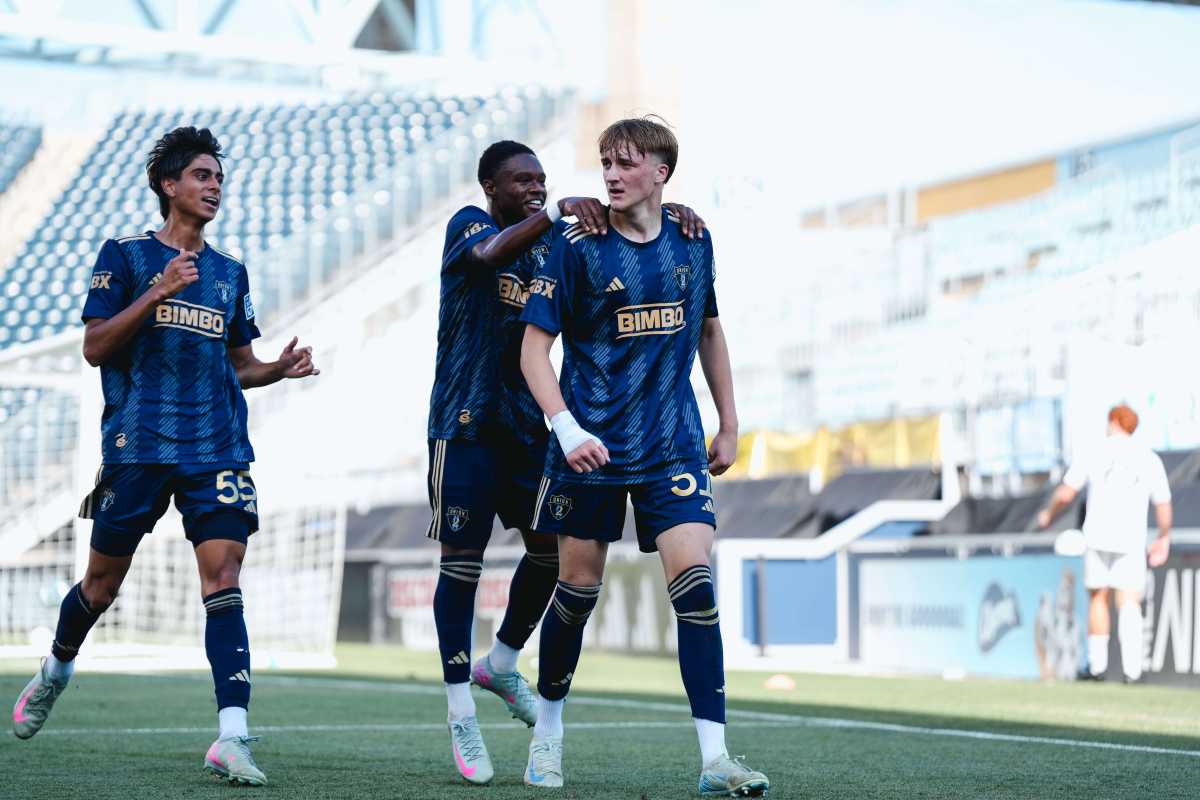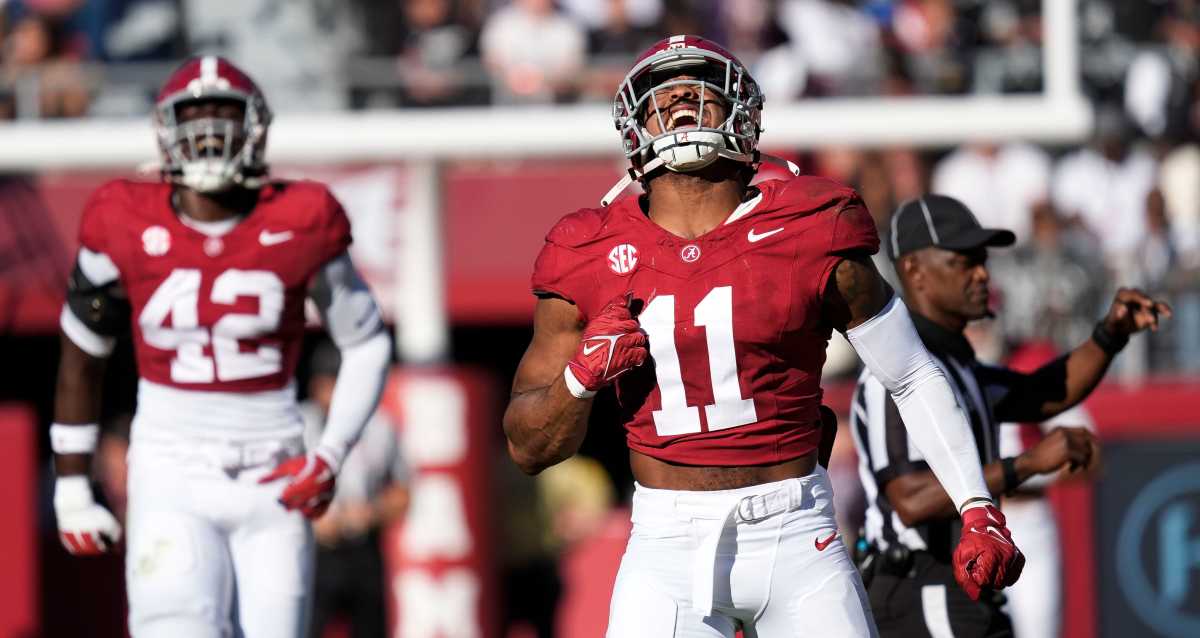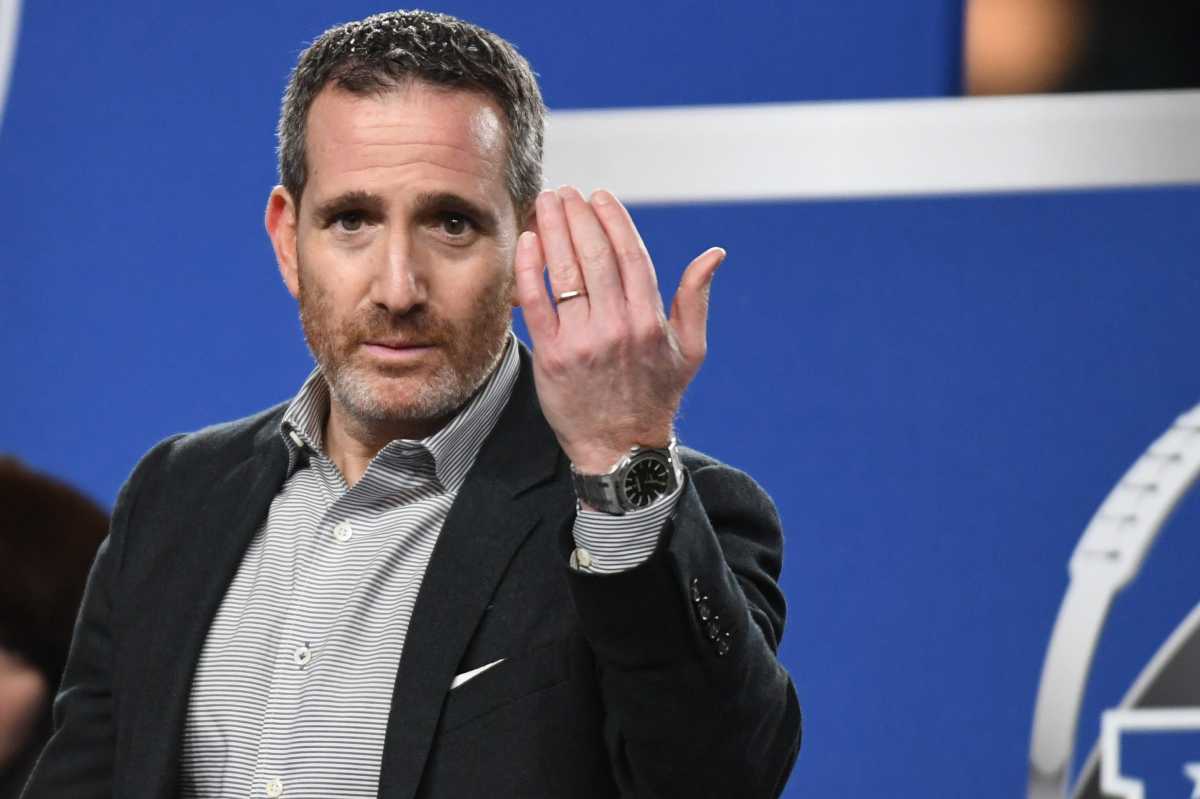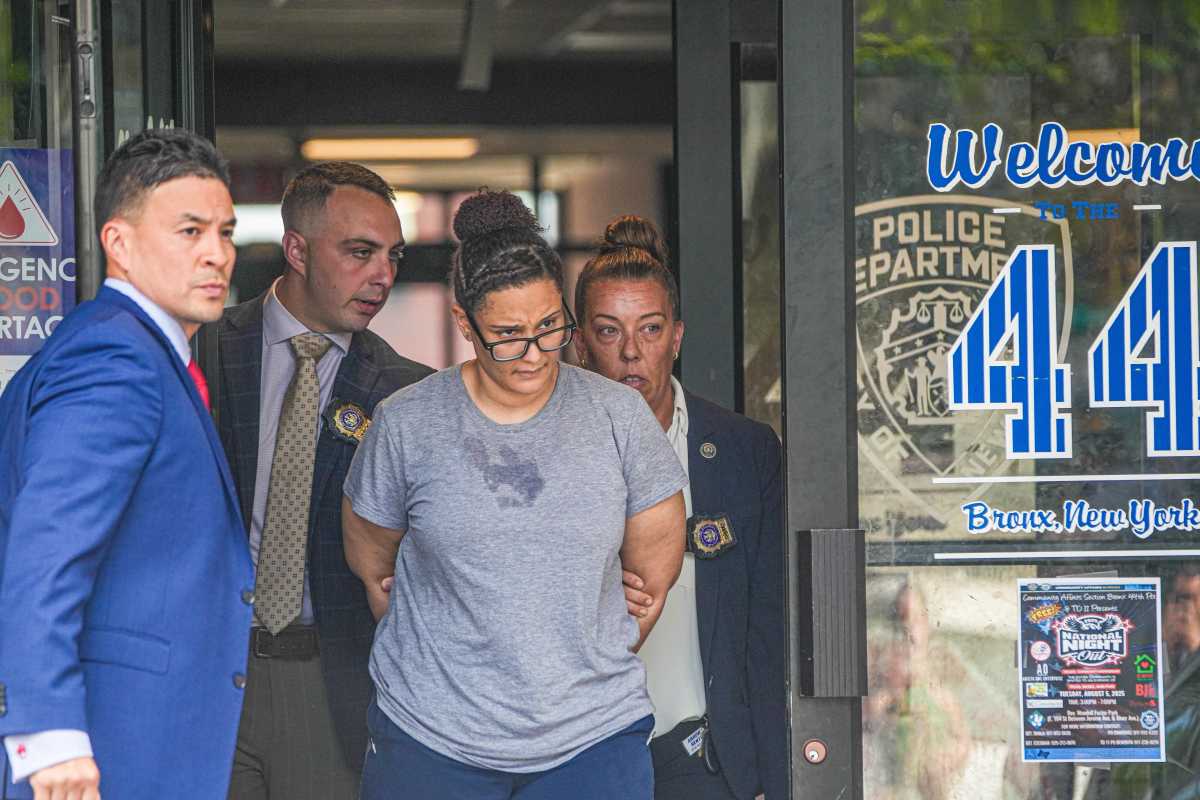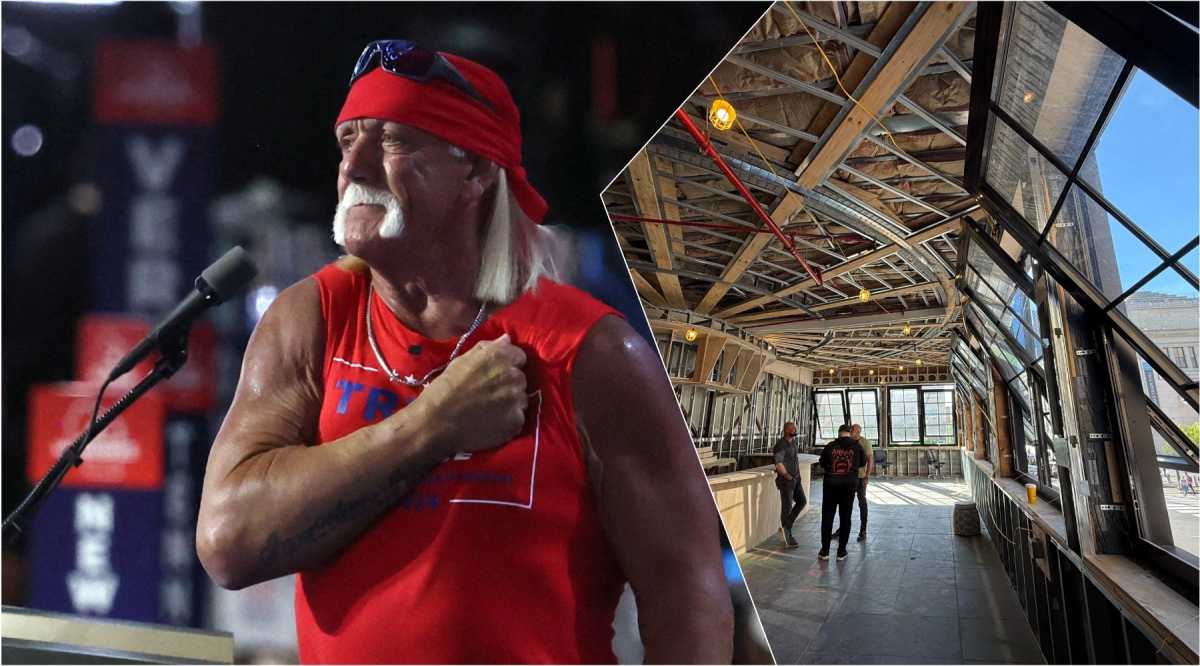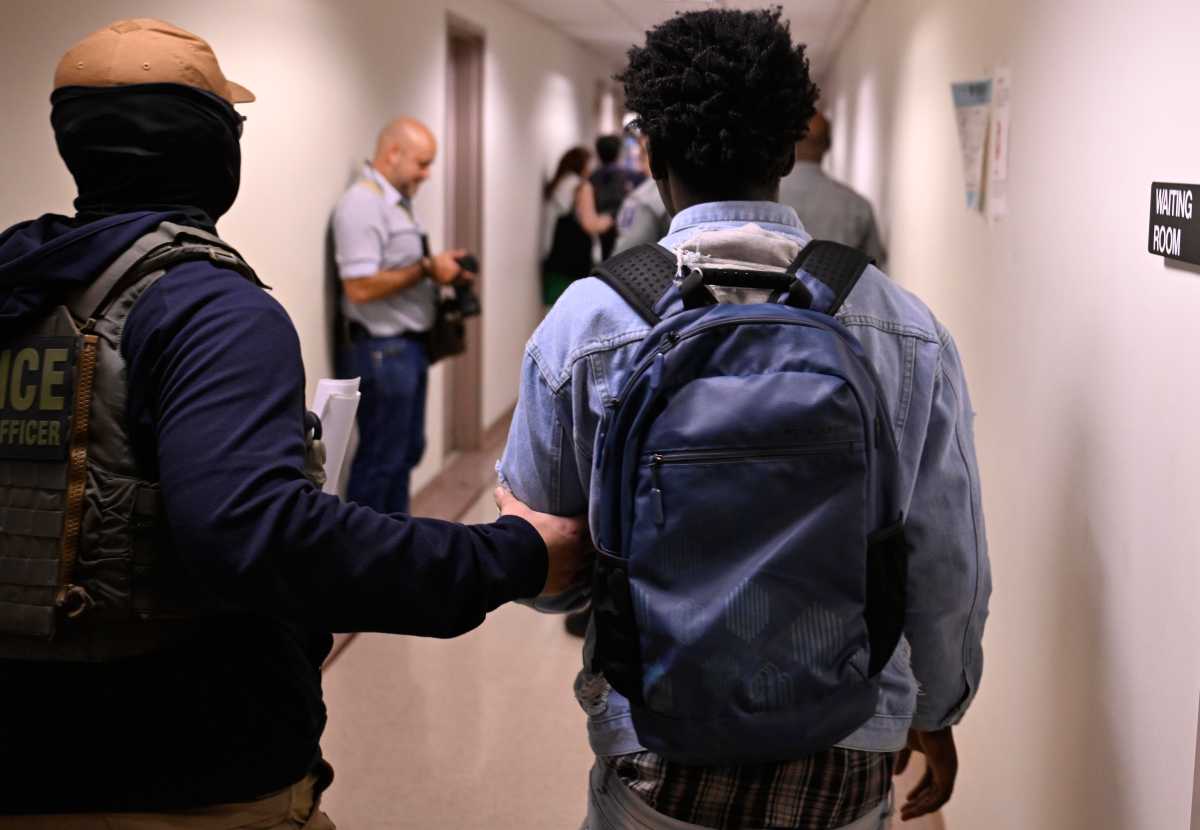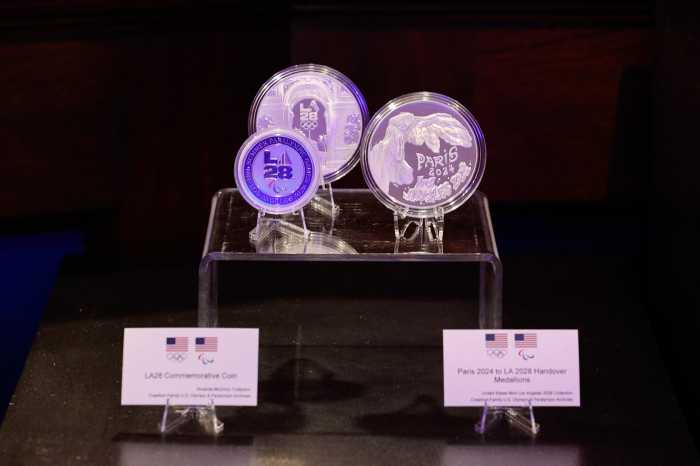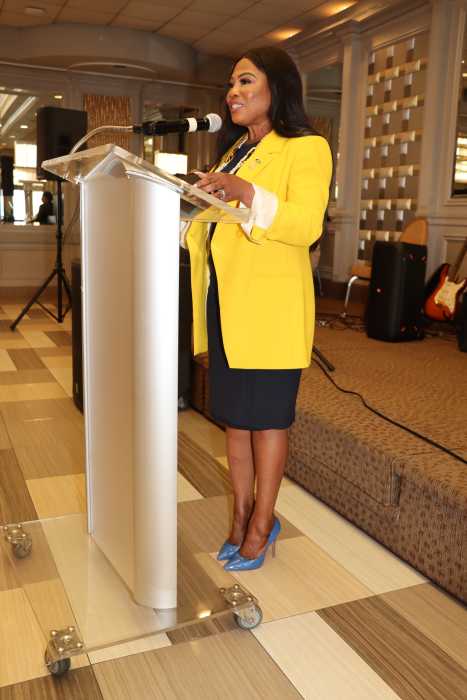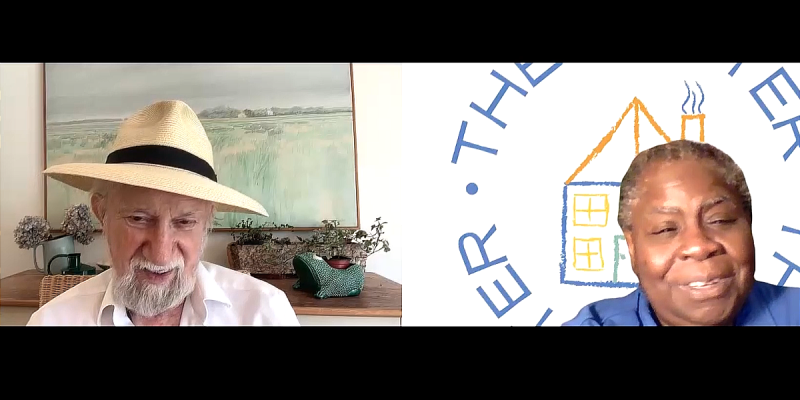British writer Tom Rob Smith makes his first foray into writing for television with the twisting, mysterious “London Spy,” about a young Londoner (Ben Whishaw) whose hunt for the truth behind his lover’s murder opens a web of intrigue leading to British intelligence giant MI6. So what’s the secret to crafting a good mystery? A good love story, according to Smith.
Your first work, “Child 44,” was a novel adapted into a movie. How did making this, which was a TV series from the start, change your approach to the material?
With the novel it was just a case of you believe in it, you go away and you write it and then you find a world for it. And this was kind of similar. I didn’t have any TV experience, I hadn’t written an original drama before, but I knew that I wanted to tell the story and I knew it was TV. I knew it wasn’t film, and I also knew it wasn’t a book. It’s first-person narrative through the eyes of the main character, played by Ben Whishaw, but he didn’t go to university. He left school at 16, he’s an ordinary guy working a kind of dead-end job. He was never going to write it down or have a voice that would work on the page. I couldn’t imagine what that would be. He’s a visual character. He’s someone who will listen and will react to a situation. So I knew it was going to be TV. And then it was just a question of buckling down, believing in it and writing it.
RELATED: Netflixannounces dates for 11 new series
Is that an intuition thing as a writer, knowing with each story what it’s meant to be first?
Yeah, I think it is an intuition thing. I think afterwards you can pick apart why you thought that was the case, but I certainly think there is a gut feeling. A book I’m working on now — which will take forever because it’s enormous — probably could be something else, I could adapt it. But it needs to be a book before it can be anything else, and I can’t quite explain it. I can just sense that it can’t be anything until it’s a book.
What were your ways into tackling the process of writing for TV?
With the first episode, there was a lot of debate about pace. One of the things I love about TV is you have more time. The conventional story — your partner is murdered and you take on the question of who murdered them — has been told countless times. With this, we have enough time to work out what their love story is as a particular love story without it being a shorthand. Love stories aren’t all the same — we fall in love for completely different reasons. I wanted to understand that these two people were both lost for very different reasons. You have someone who’s very hedonistic and then you have someone who’s deeply closeted, locked into a world of people who are dark and dangerous. In London, those two worlds stare at each other. On one side of the road in Vauxhall you have these clubs that finish at 8 a.m. And then you have someone in that world staring at the opposite side — MI6. And so you have these two people collide, and I wanted us as an audience to really connect with them before we ripped them apart.
What about getting into the MI6, mystery part of something like this?
There were two central mysteries at the heart of it: first, what happened. Was he murdered or was he actually involved in these sexual practices and did he go wrong? The second one question is, who was he? Often in these stories, the lover is kind of a fixed point, unchanging throughout the whole thing. But I wanted that character to change across the series, for in this investigation that Ben goes on, he would get closer to the person through all the different elements of who they are. That was the second part of the mystery, because I think that people are a mystery that we encounter every day.
RELATED:The comic book TV takeover is real
The series just wrapped up in the U.K. Is it strange to have it launching again so soon for a new audience over here?
It’s the same, actually, with books. They’re always staggered. The truth is, they’re completely unpredictable. But I think the process of discovery is really exciting. I always hope that people fall in love with it and it will do really well, so there’s that feeling of great optimism at the beginning. And since it worked out in the U.K., I’m hoping it will get replicated.
Follow Ned Ehrbar on Twitter:@nedrick













